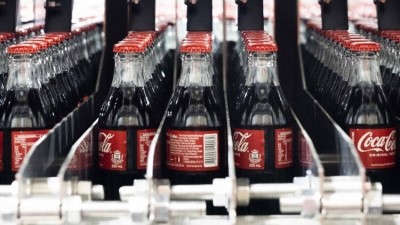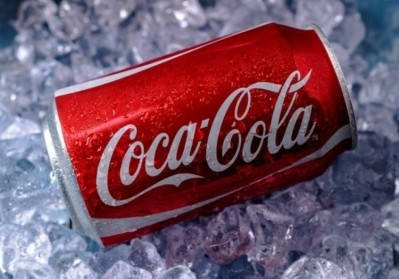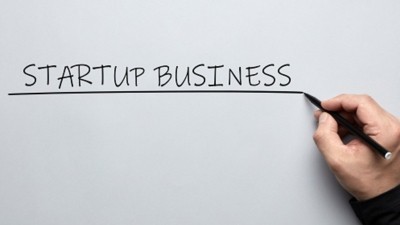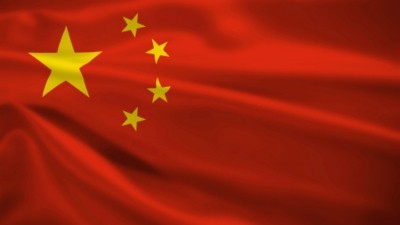Packaging Happenings: Malaysian big brands' recycling alliance, Vietnam eco-straw brand, sustainability-driven innovation and more feature in our round-up
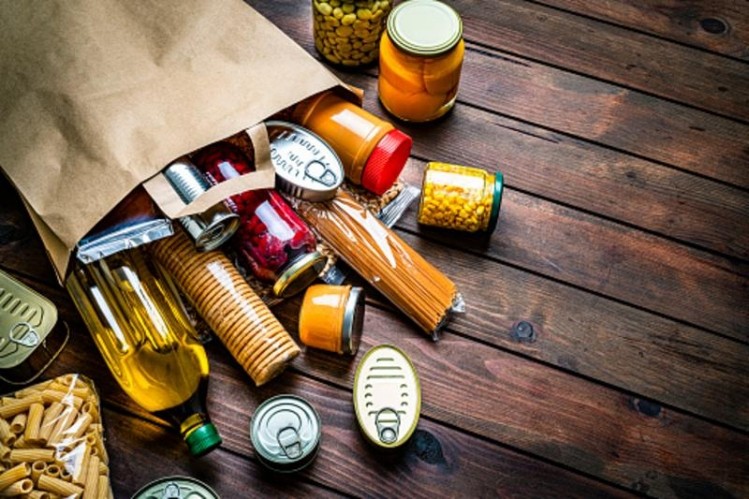
Collaborating with competitors: Nestle, Coca-Cola and Unilever among major brands uniting to boost recycling in Malaysia
Major brands such as Nestle, Coca-Cola, Mondelez, F&N and Unilever are joining forces to drive the sustainability agenda in Malaysia, via a new alliance that will tackle plastic food and beverage packaging concerns.
The Malaysian Recycling Alliance Berhad (MAREA) wants to reach a minimum recycling rate of 25% of packaging volumes by 2025.
The alliance’s members comprise of 10 well-known FMCG brands in Malaysia - Coca-Cola, Colgate-Palmolive, Dutch Lady Milk Industries, Etika Group of Companies, F&N Malaysia, Mondelēz International (Malaysia), Nestlé Malaysia, Spritzer, Tetra Pak Malaysia and Unilever Malaysia.
Although not all of its members are from the food and beverage industry, the alliance revealed during its launch that food and beverage packaging will make up over half of its Phase One focus, which will include four plastic materials: PET (beverage bottles), Multi-layer laminates/flexibles (soft plastics e.g. instant noodle and biscuit packaging), Used Beverage Cartons (UBC, milk and juice cartons) in addition to HDPE which is usually used for shampoo bottles.
Suck it and see: Vietnam eco-straw brand EQUO sets sights on overseas expansion
Vietnam’s EQUO believes that the sustainability and hygienic credentials of its eco-friendly straws give it a clear edge over competitors made from paper or metal, and is starting the year with a new international launch into Singapore.
EQUO is focused on developing 100% plastic-free and compostable solutions for everyday single-use items from straws to utensils and even stationery, and aims to tackle the single-use plastic issue with its products.
“About 50% of all plastic products are in fact used only once, and only for 20 minutes or less, then takes hundreds of years to break down,” EQUO Founder Marina Tran-Vu told FoodNavigator-Asia.
Packaging challenges: Grocery e-commerce surge and brands’ sustainability demands driving innovation
Packaging firms are clamouring to respond to the surge in fresh food and grocery sales in Asia’s e-commerce channels, with the market set to double in the next five years to tip US$250bn in South East Asia alone, while simultaneously striving to meet brands’ sustainability ambitions.
This is set against the backdrop that the total loss and waste of fruits and vegetables in Asia will reach an estimated 625 million tonnes by 2030, according to the United Nations.
This is a major environmental concern according to Alan Adams, APAC sustainability director at Sealed Air. “Wasted food disposed of in landfills produces enormous amounts of methane, a greenhouse gas at least 28 times as potent as carbon dioxide.” Food loss also meant a waste of resources such as fuel and freshwater.
Seltzer strategy: China’s ZEYA pivots to supermarkets, on-trade channels and rolls out new packaging
China’s first hard seltzer company, ZEYA, has turned the attention to supermarkets and on-trade channels, after pivoting from e-commerce which accounted for the majority of sales over the last few pandemic-stricken years.
The firm was founded in June 2020, and about 70% of sales came from ZEYA’s WeChat store. The hard seltzers are also sold on Tmall and Little Red Book. On e-commerce, the firm sells 80,000 to 100,000 gross merchandise volume (GMV) monthly.
This year, it anticipates modern and on-trade channels to take up majority of sales, and e-commerce to contribute 7 to 10% of total sales. Co-founder Eric Hoang told FoodNavigator-Asia alcohol e-commerce sales has not taken off as much in China as elsewhere.
“Over the last few years, China has handled COVID-19 pretty well, with little disruption to on-trade. So people are still going to bars, restaurants, whereas in a lot of other markets, there's been a need to shift to online, that's not so apparent here.
No more confusion? Manufacturers of ‘solid beverages’ in China must change product labels from June 1
Manufacturers of ‘solid beverages’ will need to follow a set of new rules, such as changing their product labels, to prevent consumers from confusing them as health foods or infant formula, said the Chinese authorities.
In China, ‘solid beverages’ are defined as general foods prepared by processing raw food materials and food additives into powder, granules or lumps.
They are not the same as health foods or infant formulas, but there has been reports of consumers confusing it with infant formulas.
